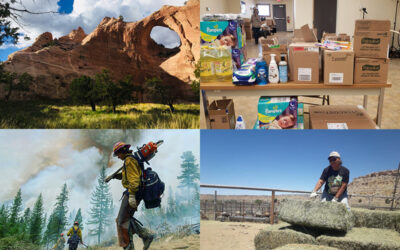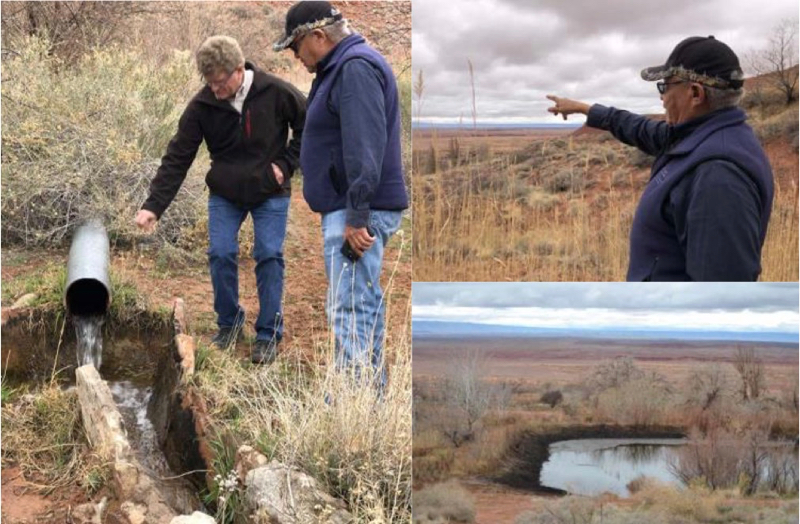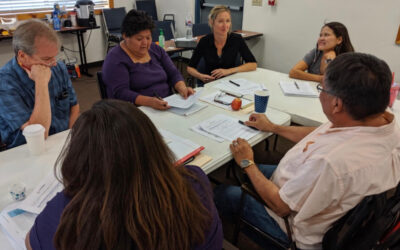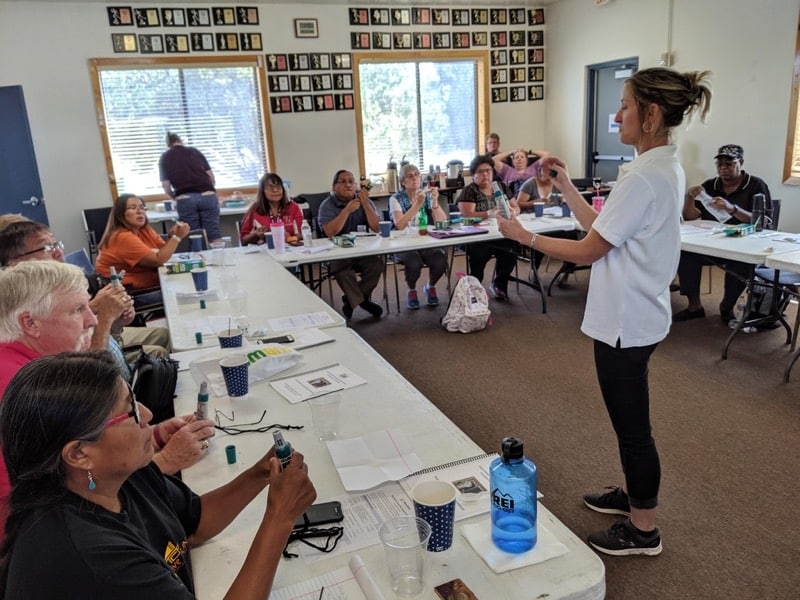The Native Waters on Arid Lands project’s COVID-19 Working Group is a network of partners working together to solve problems and share information across Indian Country.
New USDA Grant Will Fund COVID-19 Rapid Response Toolkit for Tribal Extension Agents
Reno, Nev. (July 23, 2020) – Several members of the Native Waters on Arid Lands (NWAL) project team, led by Maureen McCarthy, Ph.D., of the Desert Research Institute (DRI) in Reno, have been awarded a $300k grant from the US Department of Agriculture National...
New USDA grant to support Diné (Navajo) and Hopi Teachers in Placed-Based STEM curriculum
Meghan Collins received a $100k grant from to develop a STEM curriculum with the Diné (Navajo) and Hopi communities.
Science of Place: DRI researchers and teachers develop localized science lessons for Native American classrooms
Climate change, in the abstract, can be a difficult phenomenon to comprehend – but on the ground, youth from Native American reservations in Arizona are already experiencing everyday impacts in the form of droughts and warming temperatures. To help Arizona teachers...



